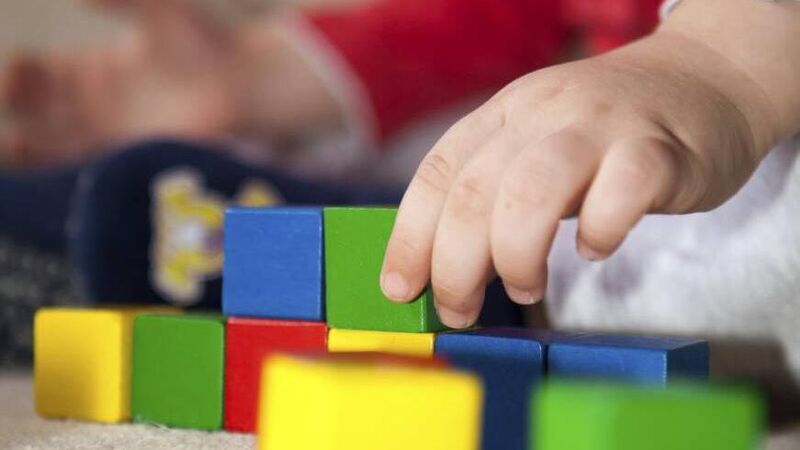Public ahead of politicians when it comes to support for funding early childhood care

A poll has found that 80% of people in Ireland believe young children have a right to early years care and education
Early Childhood Ireland this week published its national barometer, which measures public attitudes to early years care and education. For the fifth time in as many years, people in Ireland have shown their overwhelming support for children’s rights and for the thousands of staff employed in the sector.
This year’s RED C poll found 80% of people in Ireland believe young children have a right to early years care and education. The barometer is a national poll, but stronger regional support is seen in some questions.
















